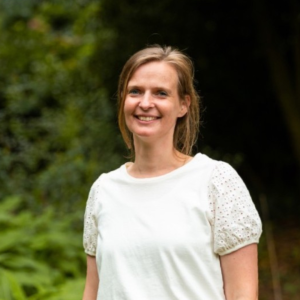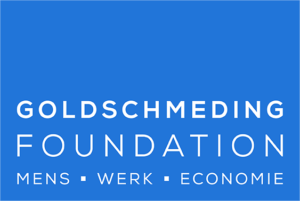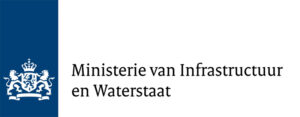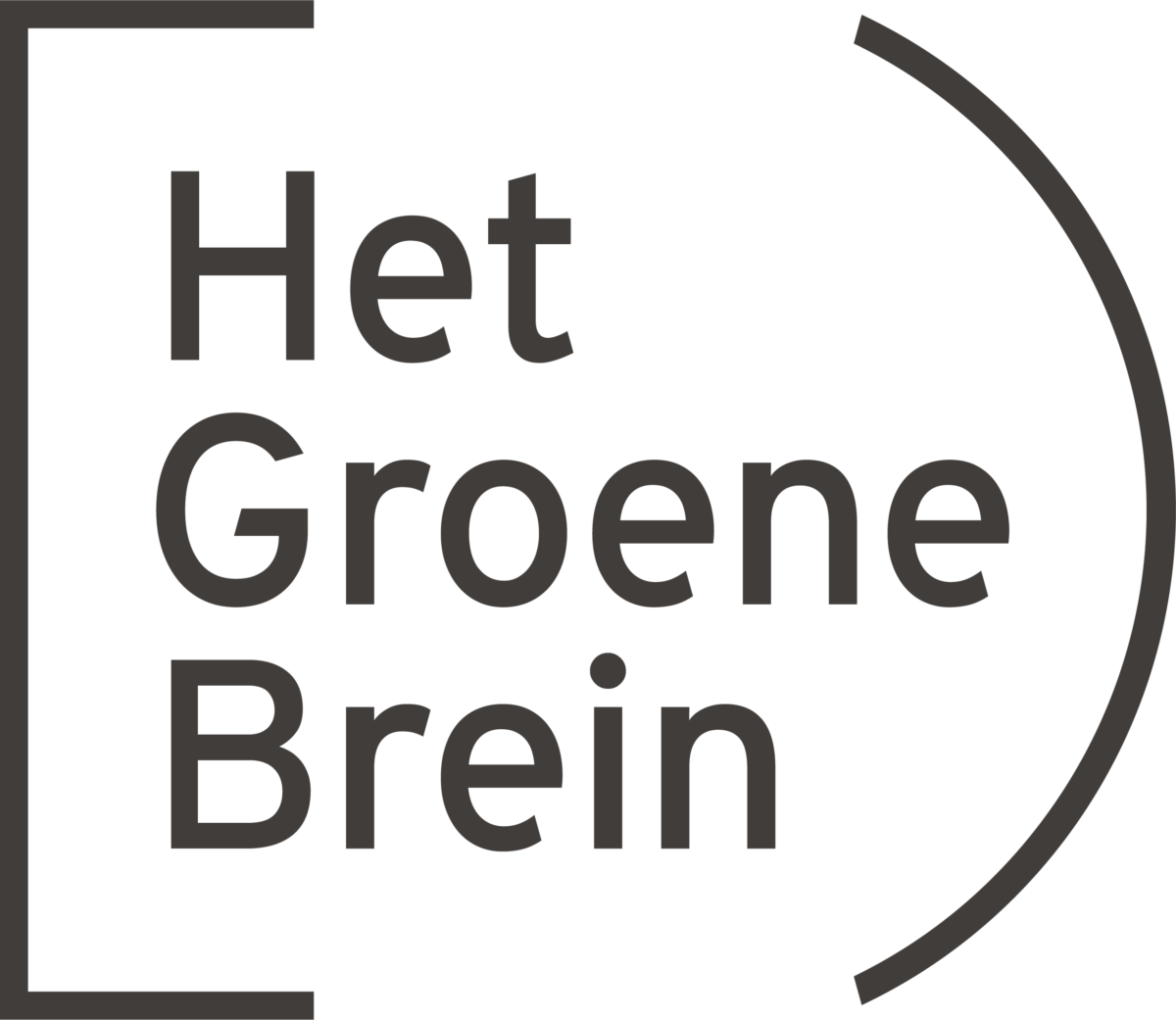Talent Program Leadership for the Circular Transition
- Circulating beyond the tipping point
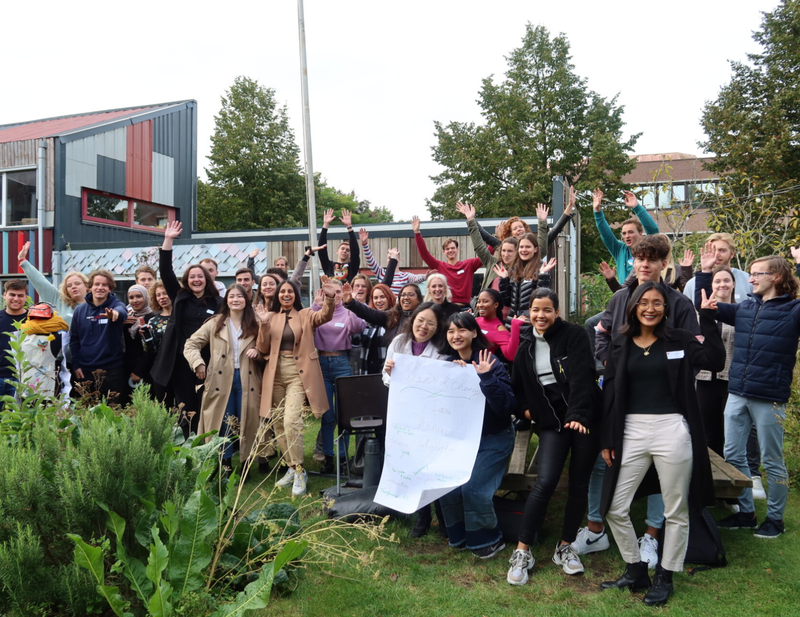
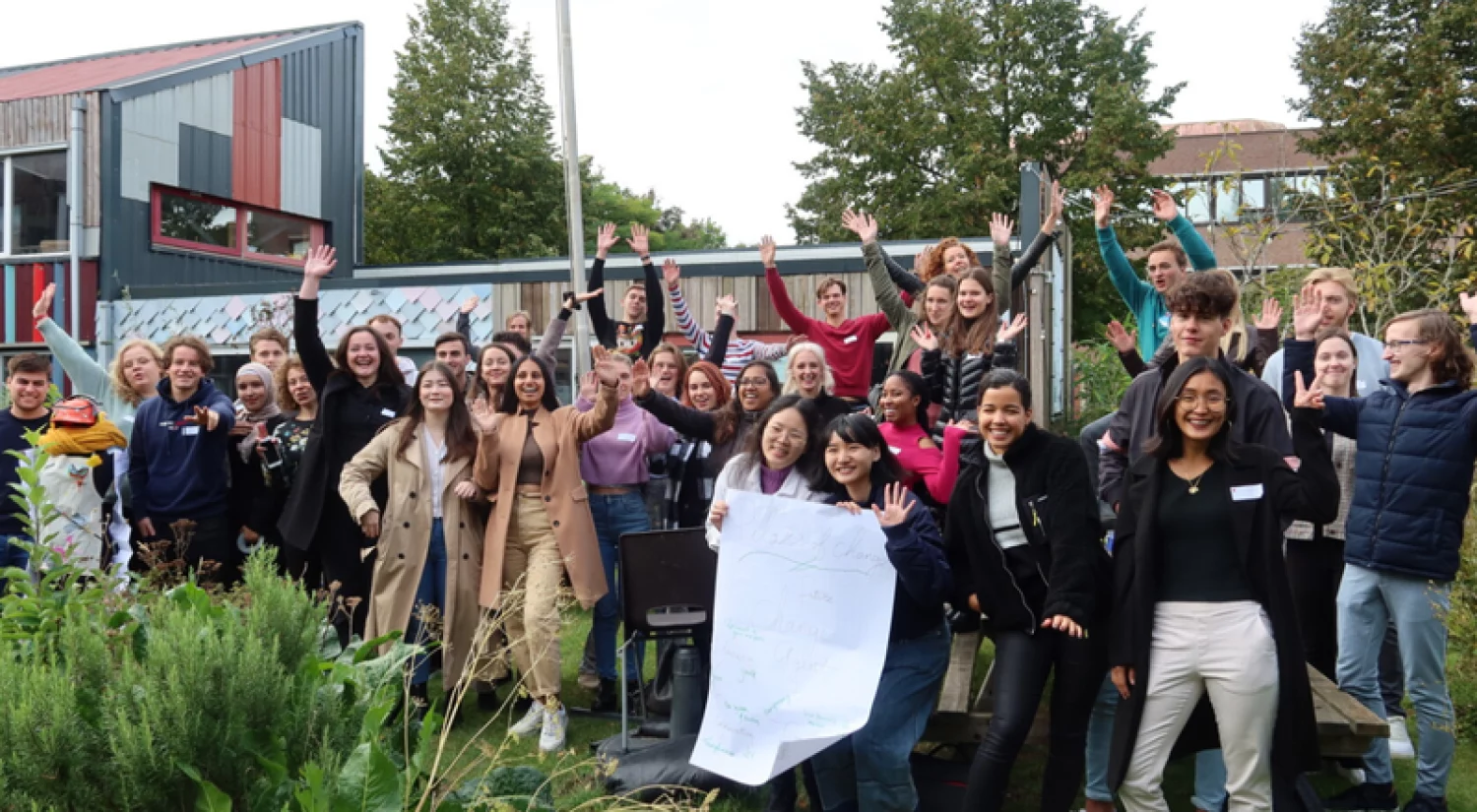
With the Leadership Talent Program for the Circular Transition (LCT), we serve the goal of a circular and energy-neutral Netherlands in three ways:
1. We facilitate the development of future leaders so that they can help achieve the necessary transitions.
2. We are experimenting with hybrid learning ecosystems (also known as learning ecology) that bring higher education and students together to work on transition issues. In this way, we support systemic change toward a circular economy.
3. By translating the talent program into the regular courses of colleges, we strengthen educational innovation in the field of circular economy and ultimately ensure structural anchoring of circular economy in education. One way we do this is by making all materials and insights that are developed open source available.
In this project, up-and-coming top talents (students) get the chance to develop their circular skills, and contribute to the circular transition by working on transition issues from practice (wicked problems). They do this by joining living labs where entrepreneurs, policy makers and education learn together beyond the tipping point, also called circular learning ecologies. We support and nurture the next generation(s) of circular change agents by linking them to (regional) circular transition issues with a supporting central program of capabilities training. Thus, we envision a near future where the whole of the Netherlands acts as a classroom (or learning ecology) in which students transform themselves by changing society. It is offered at the HBO+ level and is available for MBO, HBO and WO students.
The leadership program consists of two curricula with associated activities:
Central learning line
The central, national curriculum is completed by all students participating in the LTC and consists of two components:
- Physical meetings, primarily focused on engaging and building a community of future circular leaders.
- Online training sessions, such as workshops and master classes. These sessions focus on developing the essential attributes of a circular leader for transformation, such as being able to deal with systems thinking and long-term futures.
Decentralized learning line
In this decentralized learning line, students work in smaller teams of 4-6 on concrete issues and are matched with circular living labs as much as possible. The teams have a multidisciplinary composition, both in terms of studies and institutions. This learning line also consists of two parts and depends on the specific context: What works in Groningen may not be applicable in Maastricht.
- Physical meetings, such as parts with the living lab and the stakeholders working within it, contextual workshops, trainings and company excursions.
- Online meetings, such as meetings with key stakeholders for the issue being addressed and additional training specific to that context.
Want to know more?
Want to know more about this project? Please contact Dianne de Fijter of The Green Brain.
Join Sustainability Skills!
Below we tell you how to join the program.
- Would your organization like to join one of the existing regional collaborations (Friesland; Flevoland; Utrecht; South Holland; Rotterdam)? If so, please contact Daan de Kruijf at daan@lerenvoormorgen.org.
- Does your initiative connect education, business, government and researchers at the regional level? And would you like to join the program to develop and/or grow this initiative? We would like to get to know you better. Fill in this questionnaire and we will contact you within 7 business days!
- Stay informed? Sign up for the newsletter!
Agenda
Inspiration/News
Podcasts
No results found.
Knowledge
More Projects
No results found.
